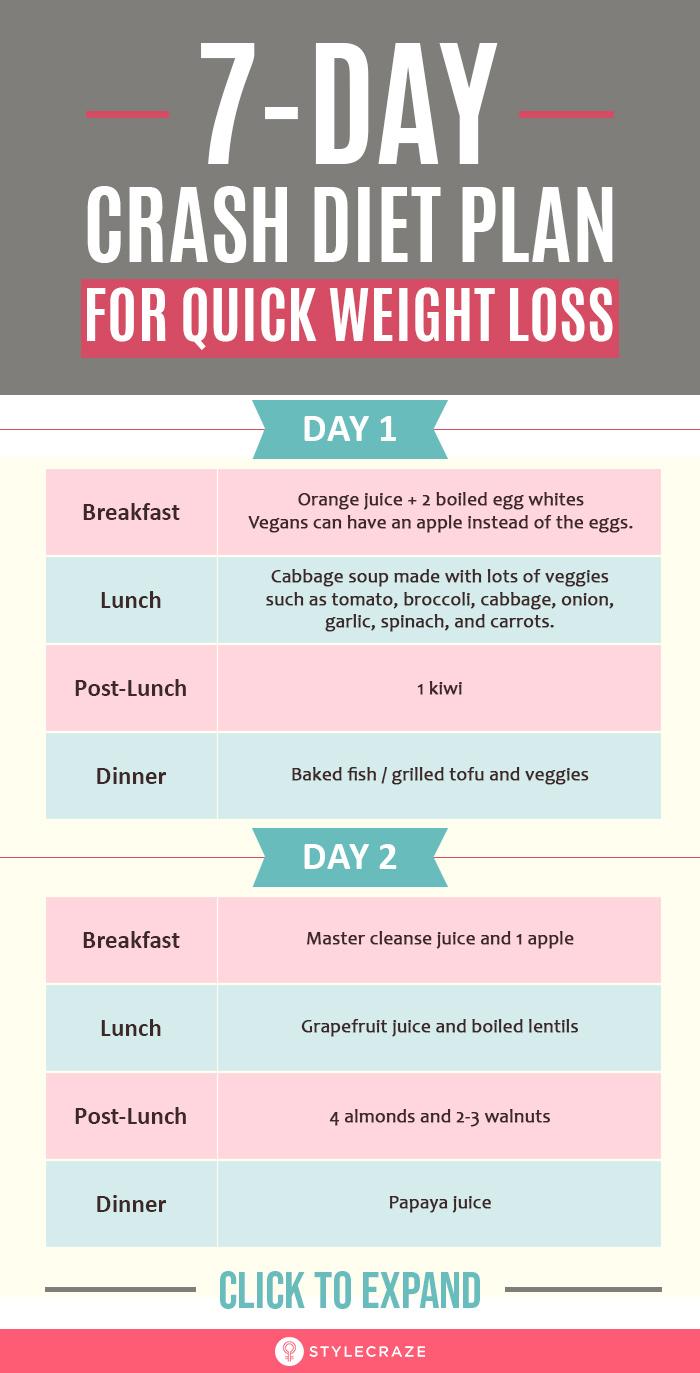Within today's fast-paced world, the choices we make about food are shaped not only by personal preferences and health goals but also by the cultural contexts in which we exist. From the Mediterranean approach focusing on fresh produce to trendy diets like Keto and Whole30 that capture the attention of wellness advocates, there is no shortage of dietary frameworks to consider. Grasping the variety of diets available is essential for anyone looking to discover the best fit for their way of life, health needs, and ethical beliefs.
In our exploration into the world of diets, we'll analyze 15 different types and examine their unique benefits and drawbacks. Whether you're seeking effective weight loss, gaining muscle, or simply seeking a healthier way of life, this guide provides insights into commonly known and specific diets alike. We'll compare the principles behind plant-based and vegan diets, delve into the detailed details of the DASH diet for heart health, and highlight the advantages of gluten-free and anti-inflammatory eating plans. Accompany us on this journey to uncover how culture influences our food choices and which diet might be right for you.
Overview of Trending Dietary Plans
In the current world, a multitude of diets serve various health goals, lifestyles, and cultural preferences. From weight loss to improved overall well-being, individuals are exploring multiple diet plans to find what suits them best. Popular diets like Keto, Paleo, and the Mediterranean Diet have gained significant attention due to their structured approaches and alleged health benefits. Each diet presents distinct principles and guidelines, making it crucial for individuals to comprehend what each involves before beginning.
The Keto diet focuses on high-fat, reduced carbohydrate intake, aiming to shift the body's metabolism into a ketogenic state, a state where fat is used as the main energy source. Ketogenic diet differs with the Paleo diet, which highlights whole foods that our ancestors would have ingested, such as lean meats, fish, fruits, and vegetables, while eliminating processed foods and grains. The Mediterranean Diet stands out for its priority on plant-based foods, nutritious fats, and balanced consumption of fish and poultry, making it a popular choice among health professionals for its cardiovascular benefits.
Other prominent diets include plant-based and vegan diets, which prioritize food originating from plants and exclude animal products. Many people are also opting for adaptable diets like the Flexitarian approach, which promotes a mostly vegetarian diet with occasional meat consumption. For those with unique health concerns, targeted diets such as the DASH diet for hypertension or the gluten-free diet for celiac disease have become important in managing various conditions. As individuals reflect on their eating habits, it is important to explore these recognized diets and their alignment with personal health goals and lifestyles.
Comprehending Dietary Selections
Dietary preferences are often affected by various factors, including cultural influences, personal values, and health factors. Cultural traditions plays an important role in shaping the foods people choose, as traditional cuisines are often passed down through families. As Facial fat gain , Mediterranean cuisine rich in vegetables, plant-based foods, and nutritious fats demonstrate the local farming traditions and environment, while Asian food traditions often emphasize grains, aquatic proteins, and numerous flavors. These established habits mold not only our food choices but also our perception of and regard food.
Individual beliefs, like moral beliefs or health aspirations, influence dietary preferences. Some individuals may choose vegetarianism or plant-based eating for ethical motives related to animal welfare and environmental concerns. Conversely, others can follow meat-focused or carb-conscious diets to reach wellness targets or handle particular health issues. These preferences are often indicative of an person's values and can influence interpersonal relationships and life choices.
Understanding these dietary preferences is essential for those wanting to follow a specific diet. Knowing the ethnic, value-based, and health-related factors can enable individuals select a diet that not only aligns with their way of life but also is congruent with their personal beliefs and goals. By identifying these factors, one can navigate the multitude of diet options offered today and choose the most appropriate one for their requirements.
Suggestions for Successful Dietary Choices
Discovering the right diet for your way of life is vital for ongoing success. Start by assessing your specific goals, whether they involve weight loss, muscle gain, or improving overall health. Investigate various diets and weigh their principles, food options, and how they align with your tastes. Remember that a diet should not feel like a chore; select one that you can appreciate and sustain over the long term.

Meal preparation and organization can significantly enhance your dietary choices. Set aside some time each week to prepare your meals, ensuring you have all the necessary ingredients on hand. This can help stop last-minute options that may lead to bad eating. Additionally, endeavor to include a variety of foods within your chosen diet to make meals fun and well-balanced.
Finally, be aware of the obstacles that come with altering your diet. It is important to be tolerant and down-to-earth with your expectations. Monitor your progress and adjust your approach as needed. Engage with supportive people who encourage your journey, and do not hesitate to seek professional help if needed. Building a healthy relationship with food takes time and commitment, but the outcomes are well worth it.
